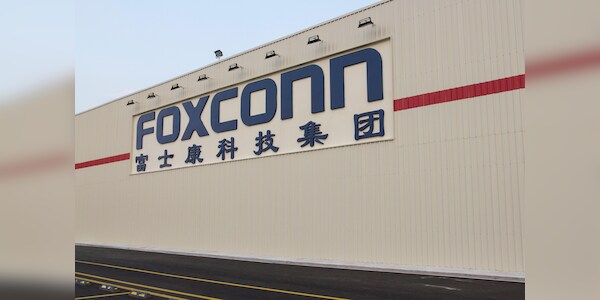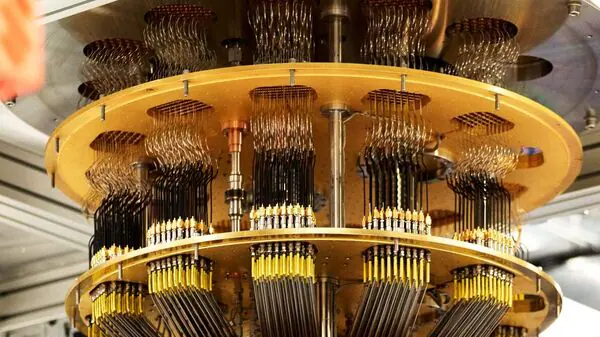Now Reading: Foxconn Recalls Over 300 Chinese Engineers from India Ahead of iPhone 17 Launch
-
01
Foxconn Recalls Over 300 Chinese Engineers from India Ahead of iPhone 17 Launch
Foxconn Recalls Over 300 Chinese Engineers from India Ahead of iPhone 17 Launch

Foxconn has pulled back more than 300 Chinese engineers and technicians from its iPhone manufacturing units in India, marking a significant shift just as the iPhone 17 launch approaches. The move, believed to be linked to instructions from the Chinese government, has triggered questions about production continuity, skills transfer, and the long-term future of India’s role in Apple’s global supply chain.
A Sudden Departure as iPhone 17 Approaches
This isn’t the first time Foxconn has recalled engineers from India—it’s the second in recent months. The timing, ahead of a major product rollout, has alarmed observers who worry about disruptions in assembly line operations and training for Indian staff.
What This Means for Production
Foxconn has assured that production schedules for the iPhone 17 remain intact, with contingency plans already activated. Industry watchers note that local hiring, support from Taiwanese technicians, and automation are being used to fill the gap temporarily.
Geopolitics Meets Supply Chains
Reports point to broader geopolitical motives—Beijing appears to be curbing skill and technology exports. Maintaining control over high-value manufacturing knowledge, China seems determined to slow the shift of tech expertise to hubs like India.
What Tier 2 Cities Should Care About
For cities and towns across India, where local tech talent and small vendors look to bigger trends for inspiration, this development brings mixed signals. On one hand, it highlights India’s growing role in electronics manufacturing. On the other, it underscores how fragile talent flows can be in global high-tech sectors, especially when geopolitical forces are at play.
Conclusion
This recall may not derail Foxconn’s immediate plans, but it is a stark reminder that global manufacturing is entwined with political shifts. India’s ambitions to become a major electronics hub must now account for both internal capacity-building and external vulnerabilities. For the broader ecosystem—from suppliers to tech aspirants—even Tier 2 cities—this moment is a call to invest in homegrown resilience.

























